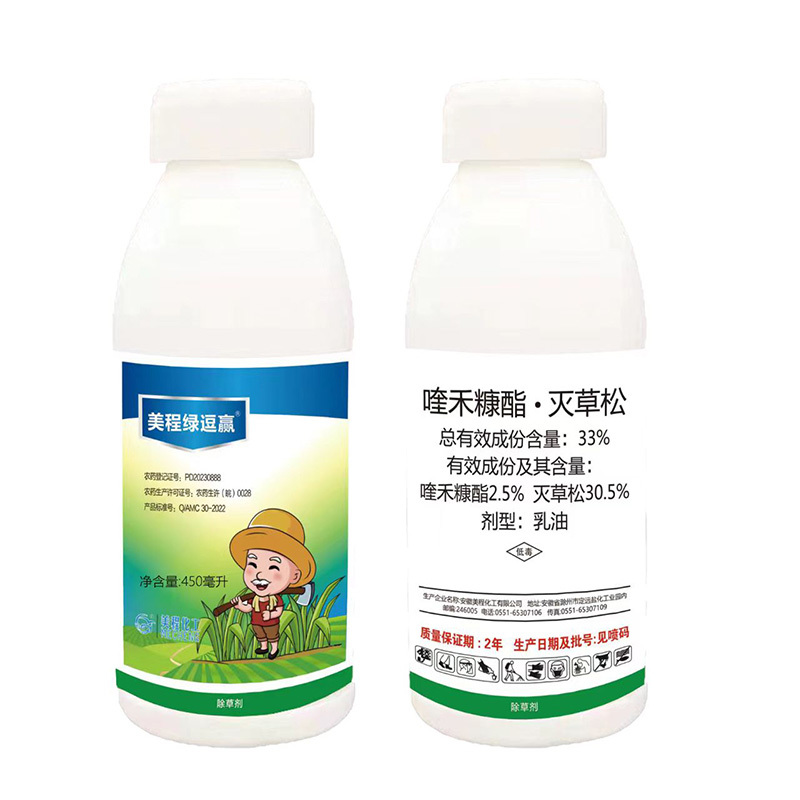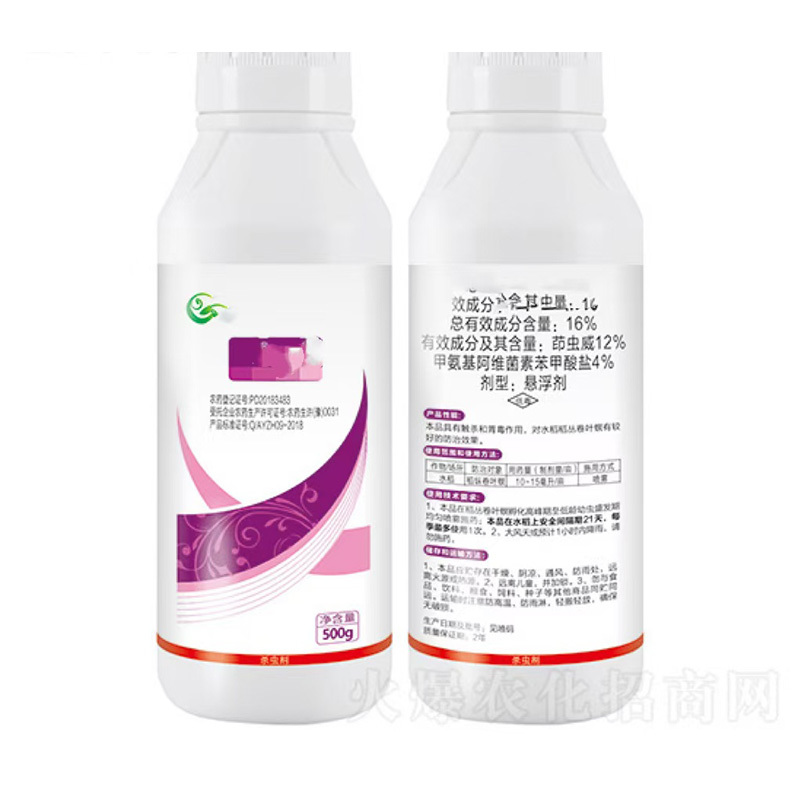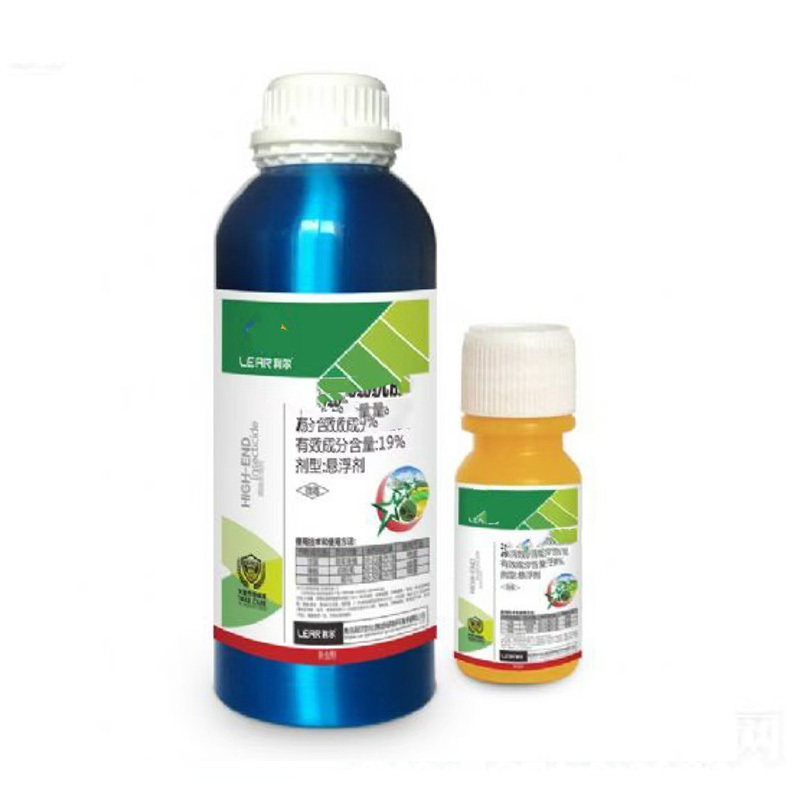-
-
-
News & Publication
-
News & Publication
Unlock the Benefits of Micronutrient Supplements for Healthy Plant Growth
Time
2025-09-01
Micronutrient supplements for plants are vital components in modern agricultural practices, playing a crucial role in promoting optimal plant growth and development. These supplements provide essential nutrients that plants require in small quantities but are often lacking in soil due to various factors such as over-cultivation, poor soil management, and environmental conditions. Utilizing micronu
Micronutrient supplements for plants are vital components in modern agricultural practices, playing a crucial role in promoting optimal plant growth and development. These supplements provide essential nutrients that plants require in small quantities but are often lacking in soil due to various factors such as over-cultivation, poor soil management, and environmental conditions. Utilizing micronutrient supplements can lead to healthier plants, increased agricultural productivity, and improved crop quality.
Micronutrients include essential elements such as iron, manganese, zinc, copper, molybdenum, and boron. Each of these elements plays a specific role in plant physiology. For example, iron is a key component in chlorophyll synthesis, which is vital for photosynthesis. Zinc contributes to enzyme function and is critical for seed development and growth. Manganese supports photosynthesis and is integral in nutrient uptake. Without adequate levels of these nutrients, plants can exhibit deficiency symptoms that affect their growth, yield, and overall health.
Incorporating micronutrient supplements into your agricultural practices can significantly enhance plant resilience against diseases and environmental stresses. Healthy plants, supported by adequate micronutrient levels, are better equipped to withstand drought, pests, and disease, ultimately leading to higher yields. In addition, plants that receive the right micronutrients tend to have improved nutrient quality, which is beneficial for human consumption and contributes to healthier diets.
To effectively utilize micronutrient supplements for plants, it is essential to perform a soil test before application. Soil testing helps identify which nutrients are deficient and allows for a targeted approach to supplementation. This ensures that the right micronutrient is applied in the appropriate amount, maximizing the benefits while minimizing waste and potential environmental impact.
Timing and method of application are also crucial for maximizing the effectiveness of micronutrient supplements. Foliar application, root drenching, and soil amendments are common methods used to deliver these essential nutrients. Each method has its advantages and can be selected based on the specific needs of the crop and the soil conditions.
In conclusion, micronutrient supplements for plants are an indispensable tool in modern agriculture. By understanding their importance and how to effectively apply them, farmers can ensure healthier crops, improved yields, and a more sustainable agricultural system. Emphasizing the role of micronutrients not only boosts plant health but also contributes to food security and sustainable farming practices. As a result, investing in these supplements can lead to significant long-term benefits for both the environment and agricultural productivity.
Latest News

Email:
Address 1 : Salt-chemical Industrial Zone, Dingyuan County, Chuzhou, Anhui Province, China
Address 2 : 19F, Block A, Zheshang Building, Science Avenue, Hefei City, Anhui Province, China
Leave Message
We will contact you within one working day. Please pay attention to your email.
COOKIES
Our website uses cookies and similar technologies to personalize the advertising shown to you and to help you get the best experience on our website. For more information, see our Privacy & Cookie Policy
COOKIES
Our website uses cookies and similar technologies to personalize the advertising shown to you and to help you get the best experience on our website. For more information, see our Privacy & Cookie Policy
These cookies are necessary for basic functions such as payment. Standard cookies cannot be turned off and do not store any of your information.
These cookies collect information, such as how many people are using our site or which pages are popular, to help us improve the customer experience. Turning these cookies off will mean we can't collect information to improve your experience.
These cookies enable the website to provide enhanced functionality and personalization. They may be set by us or by third-party providers whose services we have added to our pages. If you do not allow these cookies, some or all of these services may not function properly.
These cookies help us understand what you are interested in so that we can show you relevant advertising on other websites. Turning these cookies off will mean we are unable to show you any personalized advertising.
This website already supports IPV4/IPV6 bidirectional access





